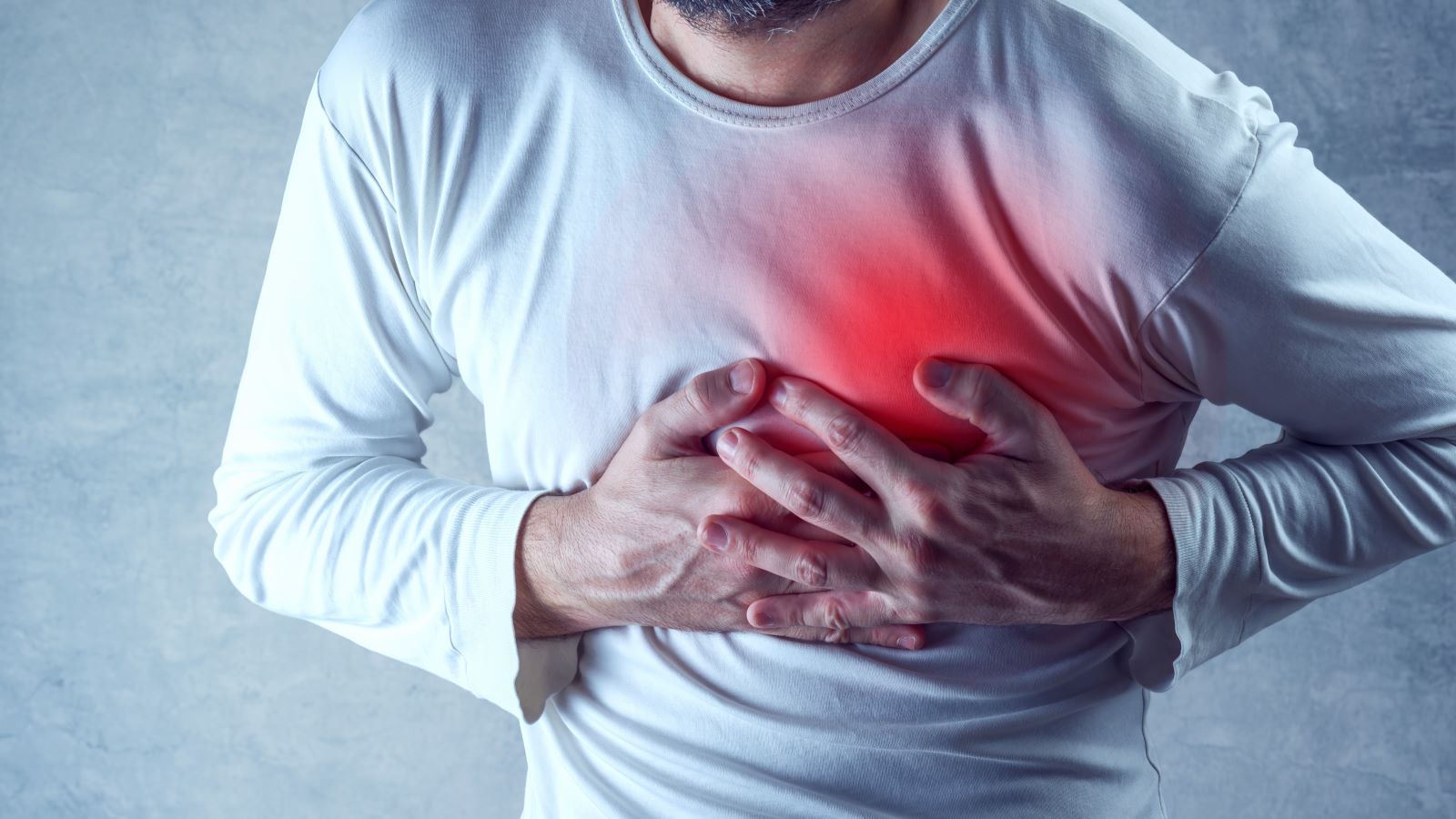<< Back
These 3 Symptoms Appear 24 Hours Before Sudden Cardiac Arrest

January 16, 2024
Sudden cardiac arrest seems to come out of nowhere, putting your life at serious risk. But is there any way to know you’re in danger?
According to new research, more than half of those struck by sudden cardiac arrest experience a warning sign about 24 hours beforehand. But those signs often go unrecognized.
“If these patients are provided care at the right time, they have a higher chance of survival,” notes Jawad Haider, MD, an interventional cardiologist with the Heart & Vascular Institute seeing patients in Hartford and Bloomfield.
Here are the signs of sudden cardiac arrest you should know about, according to Dr. Haider.
Sudden cardiac arrest isn’t the same as a heart attack.
Sudden cardiac arrest happens when the heart suddenly stops beating, versus a heart attack which is triggered by a blockage in the vessels feeding blood to the heart.
“There are several causes of this condition including a history of heart attacks, abnormal heartbeat and chronic medical conditions,” says Dr. Haider.
> Related: 5 Common Causes of AFib, and How to Avoid Them
3 early signs of sudden cardiac arrest
Some patients suffer from what Dr. Haider calls “unwitnessed events,” or sudden cardiac arrest that comes on with no warning sign at all. But most experience telling symptoms up to 24 hours prior. These can include:
- Shortness of breath
- Chest discomfort
- Excessive sweating
Recognizing these as serious and seeking medical attention can be the difference between life and death.
“Patient suffering from sudden cardiac arrest have a survival as low as 10%,” Dr. Haider says.
Warning symptoms are common, but medical professionals will also look at risk factors and data like:
- Age
- Sex
- Heart rate
- Blood pressure
- Respiratory rate
- ECG and heart rhythm
- Oxygen saturation levels
Symptoms can be different for men and women.
Studies show there are differences in the symptoms and early signs of sudden cardiac arrest between men and women, says Dr. Hader.
“Men are more likely to experience all three early symptoms – chest pain, shortness of breath and excessive perspiring – while women only report shortness of breath,” he says.
AI may play a key role in preventing sudden cardiac arrest.
Artificial intelligence may eventually play a key role in identifying sudden cardiac arrest early enough to prevent death, says Dr. Haider.
“AI and machine learning can help us develop tools and risk scores that we can use to improve the prediction of sudden cardiac arrest,” he says. “It will allow us to accelerate clinical decision-making and be more aggressive in treatment.”